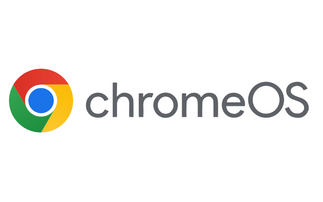New technology in Vista and Office could cause problems, says Cory Doctorow of the Electronic Frontier Foundation
The Trusted Computing features in Windows Vista could lock firms into using Microsoft Office for years to come, warns Cory Doctorow, a key contributor and fellow of the charitable campaign group ca...
To continue reading this article...
Join Computing
- Unlimited access to real-time news, analysis and opinion from the technology industry
- Receive important and breaking news in our daily newsletter
- Be the first to hear about our events and awards programmes
- Join live member only interviews with IT leaders at the ‘IT Lounge’; your chance to ask your burning tech questions and have them answered
- Access to the Computing Delta hub providing market intelligence and research
- Receive our members-only newsletter with exclusive opinion pieces from senior IT Leaders
















